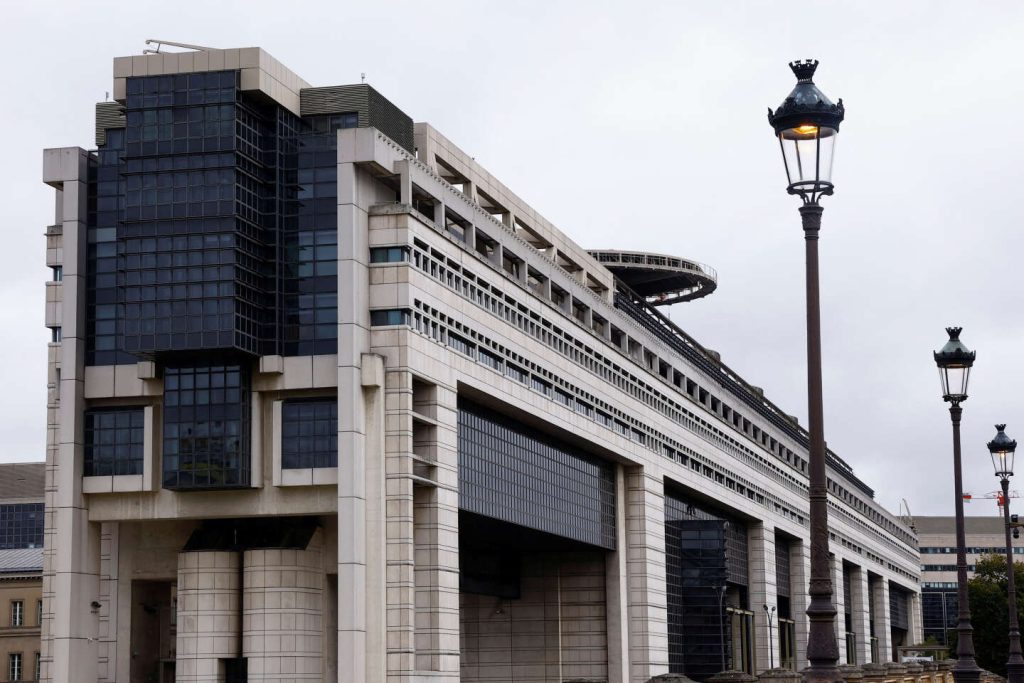The French Ministry of Economy, Finance, and Industry in Paris on September 30, 2024, witnessed an official acknowledgment by Michel Barnier that France will not be able to meet its commitment to reduce its public deficit to less than 3% of GDP by 2027. This target has been delayed by two years, with the new goal being to return to the acceptable level by 2029. To achieve this, strong cuts in public spending are planned, along with “exceptional contributions” targeting the wealthiest individuals and large corporations. This marks a significant shift in economic policy after seven years.
Emmanuel Macron and Bruno Le Maire must have felt uncomfortable as they listened to Barnier’s statement, as the former Minister of Economy had insisted on achieving the 3% target by 2027. However, Barnier, along with most economists and experts, deemed this target unattainable given the current state of public finances. The new Prime Minister highlighted the extent of the disaster left by the previous government without directly criticizing them. The budget deficit for the State, local authorities, and Social Security is expected to exceed 6% of GDP this year and could rise further by 2025 without intervention, leading to a “colossal” debt of 3,228 billion euros as of June.
The looming threat posed by the escalating debt was emphasized by Barnier, who noted that these figures are far from the initial year’s projections and undermine France’s position in Europe. The debt burden, already the second-largest item in the state budget after education, is set to grow further unless corrective action is taken. To reduce the deficit from over 6% to 3% of GDP requires finding at least 90 billion euros, excluding inflation, through spending cuts or revenue increases. Barnier aims to achieve a substantial portion of this adjustment by 2025, reducing the deficit to 5% of GDP, which is less ambitious than the previously targeted 4.1% for that year.
The urgency of the situation was underscored by the need to act swiftly to avoid a potential crisis. The French government faces the challenge of balancing the budget and stabilizing the economy to prevent further deterioration. Barnier’s plan involves a significant overhaul of public finances, including measures to increase revenue and reduce spending. The consequences of failing to address the deficit and debt issues were highlighted as potentially catastrophic, posing a threat to the country’s financial stability and ability to meet its obligations.
As the government prepares to implement these measures and navigate the economic challenges ahead, the focus will be on balancing the need for austerity with the demands of social welfare and economic growth. The path to fiscal recovery will require a delicate balance of policies and measures to ensure long-term stability and prosperity for France. Despite the difficulties and sacrifices involved, the government is committed to restoring fiscal discipline and ensuring the country’s economic resilience in the face of ongoing challenges both domestically and internationally.


